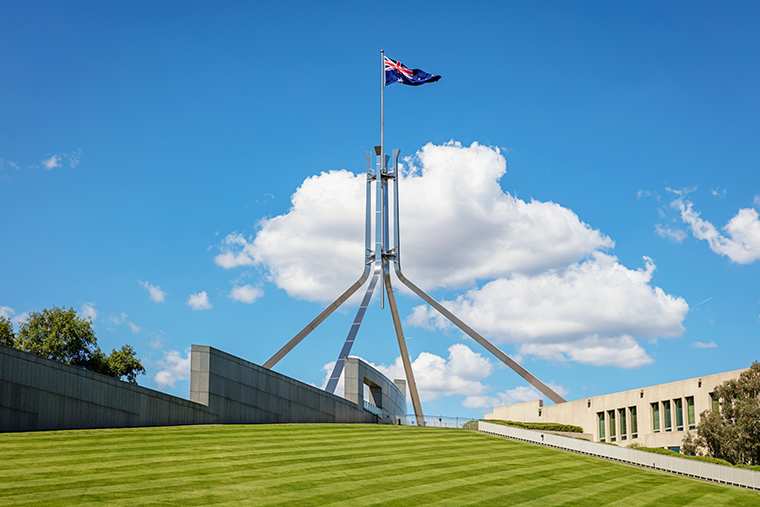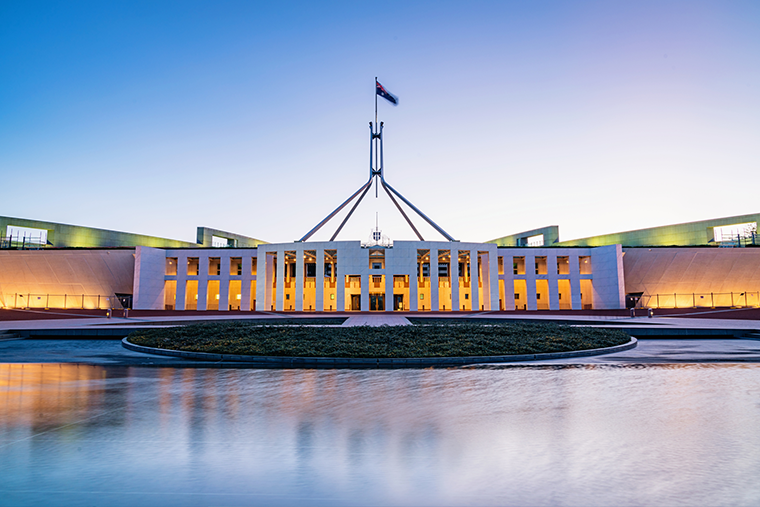On 30 March 2020, the Federal Government announced a new JobKeeper payment scheme that will enable employers to continue paying employees at least $1,500 per fortnight for a maximum period of 6 months by claiming a Government subsidy of $1,500 per employee per fortnight.
Not-for-profit entities (including charities) and sole traders (without employees) who meet the above requirements are also eligible to claim the JobKeeper payments.
Eligible employees for the JobKeeper payment must be:
March 2020 Business Activity Statements
ATO Assistance
The ATO has published its willingness to defer the due dates for income tax and FBT until 12 September 2020 if you are having difficulty in paying your tax due to COVID-19.
This will be particularly beneficial in respect of employees who have been stood-down due to businesses that can no longer trade or are trading at a significantly reduced level. However, the subsidy is available in respect of all eligible employees, including those who continue to be paid more than $1,500 per fortnight.
JobKeeper Payments
Eligible employers are those whose
- turnover is less than $1bn, but with a reduction (or expected reduction) of more than 30% of turnover to comparable period last year; or
- turnover of more than $1bn, but with a reduction of (or expected reduction) of more than 50% of turnover to comparable period last year.
Not-for-profit entities (including charities) and sole traders (without employees) who meet the above requirements are also eligible to claim the JobKeeper payments.
- employed by the employer on 1 March 2020;
- employed by the employer when the payment is made (including those stood-down or re-hired);
- full-time, part-time or long-term casuals (employed on a regular basis for longer than 12 months as at 1 March 2020);
- at least 16 years of age;
- an Australian citizen, permanent resident, holder of a protected special category visa, a non-protected special category visa (residing continuously in Australia for 10 years or more) or special category subclass 444 visa holder; and
- not in receipt of a JobKeeper payment from another employer or in receipt of a JobSeeker payment from Centrelink.
Employers will need to register their interest via the ATO website here and the first payment will be made in the first week of May.
On-going applications for the payments will be via an online application where the eligible employees will need to be identified. The employer must also inform the relevant employees that JobKeeper payments have been applied for on their behalf and on-paid to them.
Employers may choose to pay superannuation guarantee amounts on the difference between the JobKeeper payments received and ordinary wages paid to employees, but are not required to. Where employees earn more than the JobKeeper payment their employers claim, the superannuation guarantee requirements in respect of the ordinary wages remain unchanged.
We still await some detail about the other tax impact on employers making payments to employees under this scheme. We believe that the payments will be subject to the usual Pay-As-You-Go Withholding obligations, but await confirmation of their treatment for State Payroll Tax and WorkCover purposes.
You will have previously seen our explanation of potential benefits available under the Boosting Cashflow for Employers program here. Your March Business Activity Statement will be your first opportunity to claim the first minimum payment/credit of $10,000, but it can be as high as $50,000, depending on the amount withheld from employees during the March month or quarter.
If you usually lodge your own Business Activity Statement, you may benefit from a review this month or quarter by one of our advisers. Many of our clients are enquiring about us being able to assist with this to ensure they receive all the benefits you are entitled to. We would be pleased to assist.
It has also advised that Pay-As-You-Go (“PAYG”) Instalments can be varied and PAYG Instalments already paid (e.g., in respect of the September 2019 and December 2019 quarters) can be refunded. The ATO will not impose the normal penalties and interest it can charge when PAYG instalments are varied in respect of the year ending 30 June 2020.The ATO is also open to remitting penalties and interest incurred after 23 January 2020 for businesses impacted by COVID-19.
Please don’t hesitate to contact your Prosperity adviser so we can help you maximise your access to these ATO concessions.


